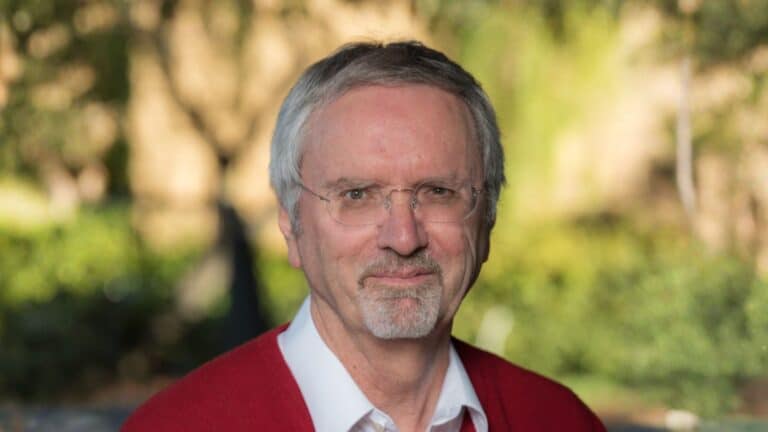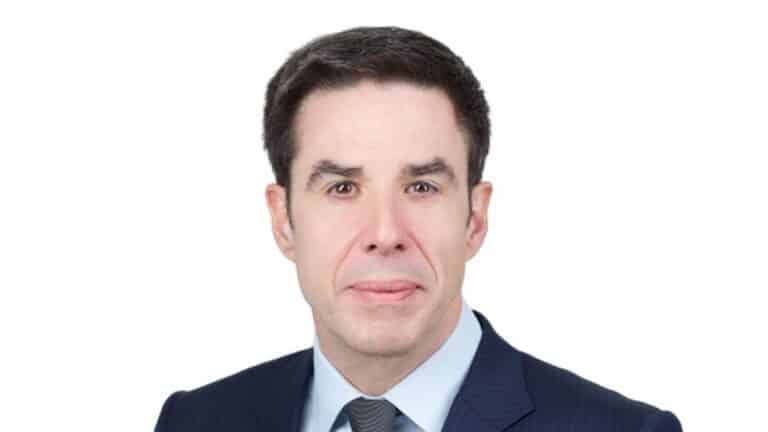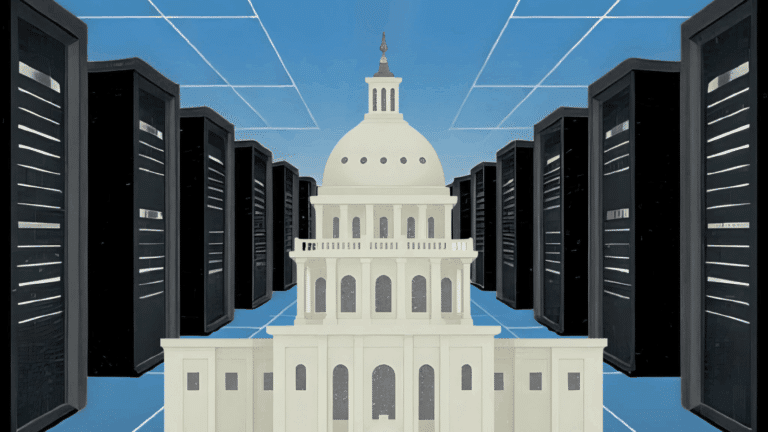Could a strategic lithium reserve kickstart US supply chain development?
NEW YORK -- A strategic lithium reserve is being mooted as a solution to stabilize volatile prices that have hindered American mining projects, allowi
Current Access Level “I” – ID Only: CUID holders, alumni, and approved guests only
The Organization of Petroleum Exporting Countries (OPEC) continues to influence global energy systems, despite challenges to its unity and market share. Just this year, global leaders called upon OPEC to increase output to bring down oil prices.
But the organization comes under tremendous scrutiny for many of the decisions it makes, with some arguing that it has not done enough to address oil price spikes and others questioning its role generally.
For a look at how OPEC is navigating the current oil crisis and the broader clean energy transition, host Jason Bordoff spoke with His Excellency Mohammad Barkindo.
Barkindo has served as secretary general of OPEC for the last six years, with his term set to end in July. His tenure at OPEC has coincided with major upheavals in the global oil market, including the supply glut of the mid-2010s, the COVID-19 pandemic, and the war in Ukraine. He previously represented Nigeria at OPEC and held various senior roles at the Nigerian National Petroleum Corporation.
The pair discussed OPEC’s role amid political turmoil, rapidly fluctuating energy markets, changes within the oil industry, along with Barkindo’s reflections on his time at OPEC’s helm.
This has been a crucial year for US energy policy. The passage of the One Big Beautiful Bill Act eliminated many of the clean energy incentives that were...

Over the past week, President Trump has intensified pressure on Venezuelan president Nicolás Maduro by targeting the regime’s economic lifeline—oil. The United States has seized two oil tankers...

If it seems like you're hearing a lot more about geothermal energy lately, that's because this clean, firm energy source is at a technological turning point. With roots...

Investment in clean energy technologies is on course to hit a record $2.2 trillion this year, according to the International Energy Agency. That’s more than twice the amount...

From the east to west and north to south, in red states and blue states, attention to data centers is skyrocketing in state capitals across the United States.

Libya's bid round for new oil and gas exploration and production highlights its potential revival as a major oil producer.

Economic, political, and fiscal realities have shifted energy policy priorities across the globe toward the goals of affordability and competitiveness.

CGEP scholars reflect on some of the standout issues of the day during this year's Climate Week
